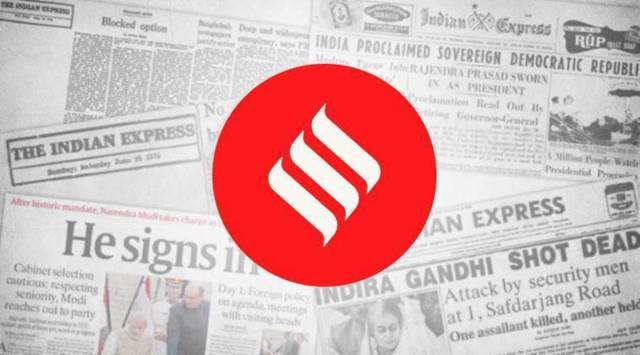
What kind of a regime would see, after the death of the 19-year-old Dalit woman assaulted by upper caste men in Hathras, not the grief of the family that lost its daughter and was denied even the right to conduct her last rites, and hear not the ringing demands for lawful justice — but only a conspiracy to defame its own reputation? As Chief Minister Yogi Adityanath spoke of “anarchists” and “conspiracies” against his government by those “who want to incite caste and communal riots”, his police force, in the dock themselves for their brutish action, obediently took their cue and registered a spate of FIRs — 21 and counting. Against the BJP’s political opponents and others who have protested in the wake of Hathras or have tried to lend a shoulder to the family. The FIRs filed across the state target those belonging to the Congress, SP, RLD and the Bhim Army among others, and invoke sections of the Information Technology Act, sedition, criminal conspiracy, promoting enmity between groups apart from violation of Section 144 that has so insidiously become a ubiquitous feature of the UP landscape. This criminalisation of protest makes the UP government look even more ill at ease in a constitutional democracy, even more out of step with the temper of a young and questioning nation, than it did after the hurried cremation, the barricading of the family and the attempt to deny or downplay the crime in Hathras.
Today, the BJP-led government in UP, as at the Centre, has a large majority, and the Opposition party and view is struggling for a voice and toe-hold in the state and at the Centre. In times like these, if the political executive weaponises its numbers, as the Yogi government is doing, if it does not listen to, leaves no spaces for, those who question and protest, it does disservice to the trust reposed in it. In a system that abides by as large-hearted a document as the Indian Constitution, a government takes a narrow and vengeful view of its mandate at its own peril.